What is squalane?
Benefits of squalane in natural cosmetics
Use of squalane in natural cosmetics
Difference between squalene and squalane
Advantages of plant-based squalane over animal-based squalane
Which skin types benefit from squalane?
What is squalane?
Squalane (or squalane oil) is a plant-derived ingredient that is playing an increasingly important role in natural cosmetics. It is a hydrogenated (i.e., hydrogen-treated) derivative of squalene, a natural, unsaturated hydrocarbon found in various plants and animals—most notably shark liver, but also in plants such as the olive tree and sugarcane.
In natural cosmetics, plant-based squalane (usually derived from sugar cane or olive oil) is the preferred ingredient because it is sustainable and cruelty-free. Due to its exceptional skincare properties, squalane has earned a firm place in many skincare products such as serums, moisturizers, oils, and masks. Here's a detailed explanation of squalane in natural cosmetics:
Benefits of squalane in natural cosmetics
a) Moisturizing and nourishing
Squalane is a moisturizing agent that provides excellent hydration without weighing the skin down. Due to its similar structure to the skin's own lipids, it absorbs quickly into the skin and helps stabilize moisture levels.
It is used in skincare products such as moisturizers, serums, and facial oils because it intensely nourishes dry skin without being greasy or sticky.
b) Improved skin barrier
Squalane supports the skin's barrier function by protecting the skin from external environmental influences and preventing moisture loss. It forms a light, non-comedogenic film that protects against air pollution, wind, and other harmful environmental influences.
Especially for sensitive or irritated skin, squalane helps to strengthen and soothe the skin barrier.
c) Anti-aging effects
Squalane has antioxidant properties that protect the skin from free radicals caused by UV radiation, pollution, and other stressors. Free radicals accelerate skin aging, and squalane helps minimize this damage by protecting and regenerating the skin.
It supports collagen production and ensures smoother, firmer skin, which can reduce the appearance of fine lines and wrinkles.
d) Non-comedogenic and suitable for all skin types
Squalane is non-comedogenic, meaning it won't clog pores. This makes it ideal for people with oily or acne-prone skin, as it hydrates the skin without promoting pimples or blackheads.
It is also gentle enough for sensitive skin and helps soothe skin irritations and redness.
e) Regenerating and healing
Squalane has anti-inflammatory properties that help heal skin irritations, redness, or minor injuries. It supports the skin renewal process and promotes regeneration.
Especially for dry, mature or damaged skin, it helps to improve the skin's appearance and refine the skin texture.
Use of squalane in natural cosmetics
a) Pure squalane oil
Pure squalane oil can be applied directly to the face to nourish and hydrate the skin. It's especially effective after cleansing and before applying moisturizers, as it helps lock in moisture.
Massage a few drops of the oil into the skin and it will absorb quickly without leaving a greasy feeling.
b) In skin care products
Squalane is commonly used in skin care products such as facial oils, creams, serums, lip balms, and eye care. It can also be found in makeup removers or cleansing oils because it is gentle and cleanses the skin without over-drying it.
Squalane is also used in shampoos, conditioners and hair masks to nourish, protect and moisturize hair without weighing it down.
c) Lip care
Due to its moisturizing and healing properties, squalane is found in many lip balms. It helps soothe dry, chapped lips and keep them soft.
Difference between squalene and squalane
Squalene is an unsaturated, unstable form of squalane that oxidizes and becomes rancid when exposed to air or light for extended periods.
Squalane is the more stable, hydrogenated form of squalene. It has a longer shelf life and is less susceptible to oxidation, making it ideal for cosmetic applications.
Advantages of plant-based squalane over animal-based squalane
Historically, squalane was primarily extracted from shark liver, which raised ethical concerns as it contributed to shark overfishing in the past. Today, however, squalane is largely extracted from plant sources such as sugar cane, olive oil, or rice oil. Plant-based squalane is therefore more environmentally friendly and cruelty-free.
Which skin types benefit from squalane?
Squalane is a versatile ingredient that can positively affect many skin types. In general, the following skin types benefit most from squalane:
Dry skin: Squalane helps retain moisture and keep skin soft and supple, which is especially beneficial for dry skin. It prevents the skin from drying out and strengthens its natural barrier.
Sensitive skin: Because squalane is a light, non-comedogenic oil that doesn't cause irritation, it's a good choice for sensitive skin types prone to redness or allergic reactions.
Oily skin: Although it's an oil, squalane is light and won't clog pores. It regulates the skin barrier and can even help control excess sebum, making it suitable for oily skin.
Mature skin: Squalane is an excellent moisturizer that helps keep skin soft and reduces the appearance of fine lines and wrinkles. It plumps and supports skin regeneration.
Squalane is therefore suitable for almost every skin type – it has a soothing and balancing effect and helps to hydrate and nourish the skin without weighing it down.
Conclusion
Squalane is an incredibly versatile and valuable ingredient in natural cosmetics, providing moisture, protection, and regeneration. Thanks to its gentle, non-greasy properties, it is suitable for all skin types—from dry and sensitive skin to oily or acne-prone skin. Squalane helps refine the skin's texture, reduce fine lines, and leave the skin looking smooth, supple, and radiant.



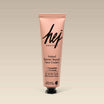
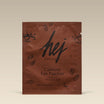
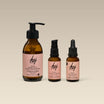
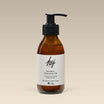

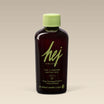
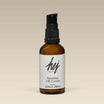
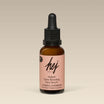
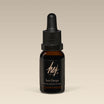
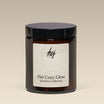
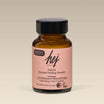
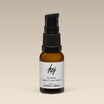
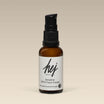
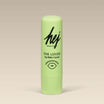


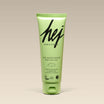
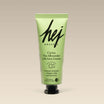
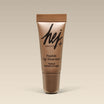
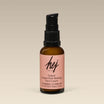

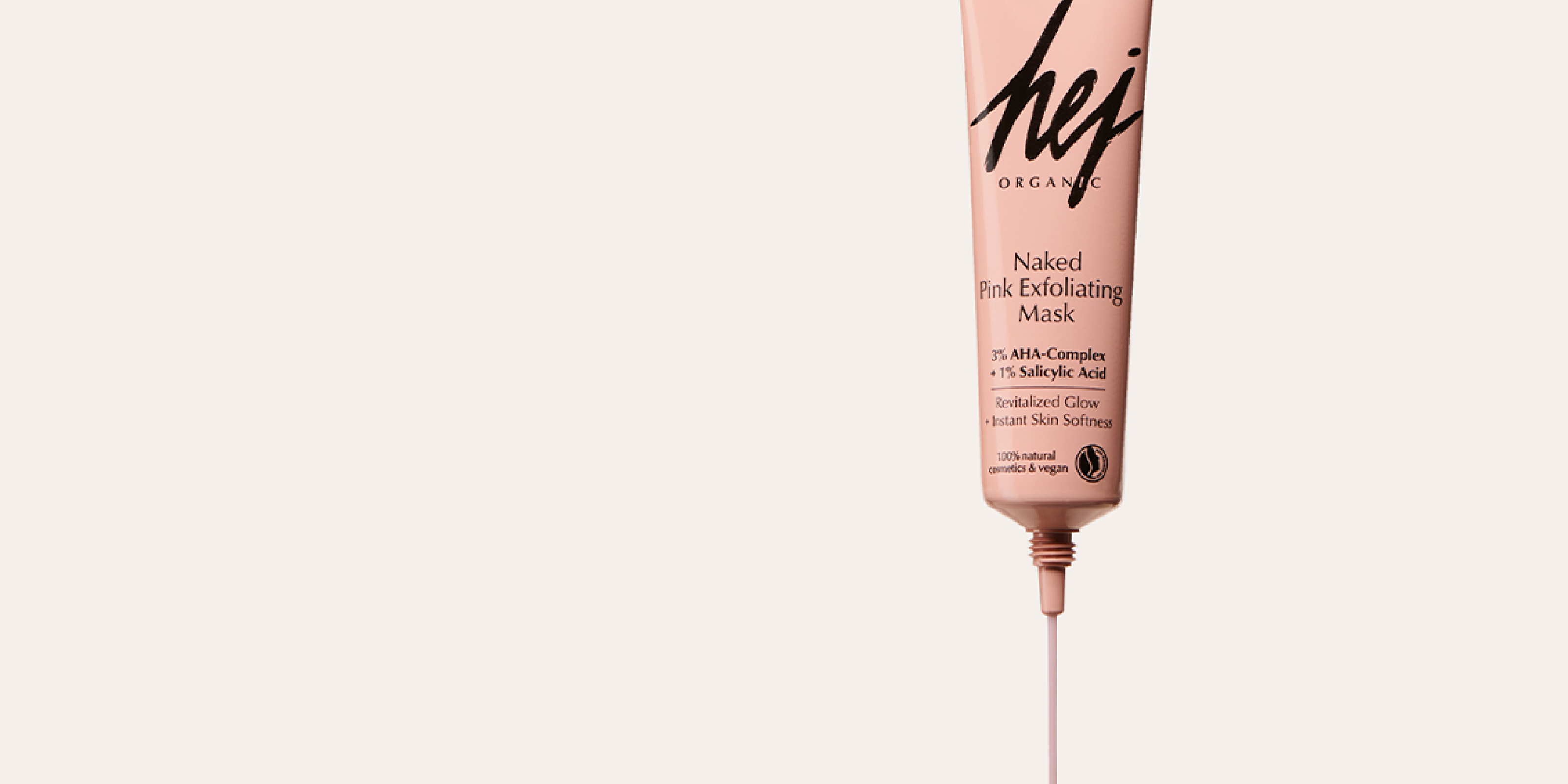

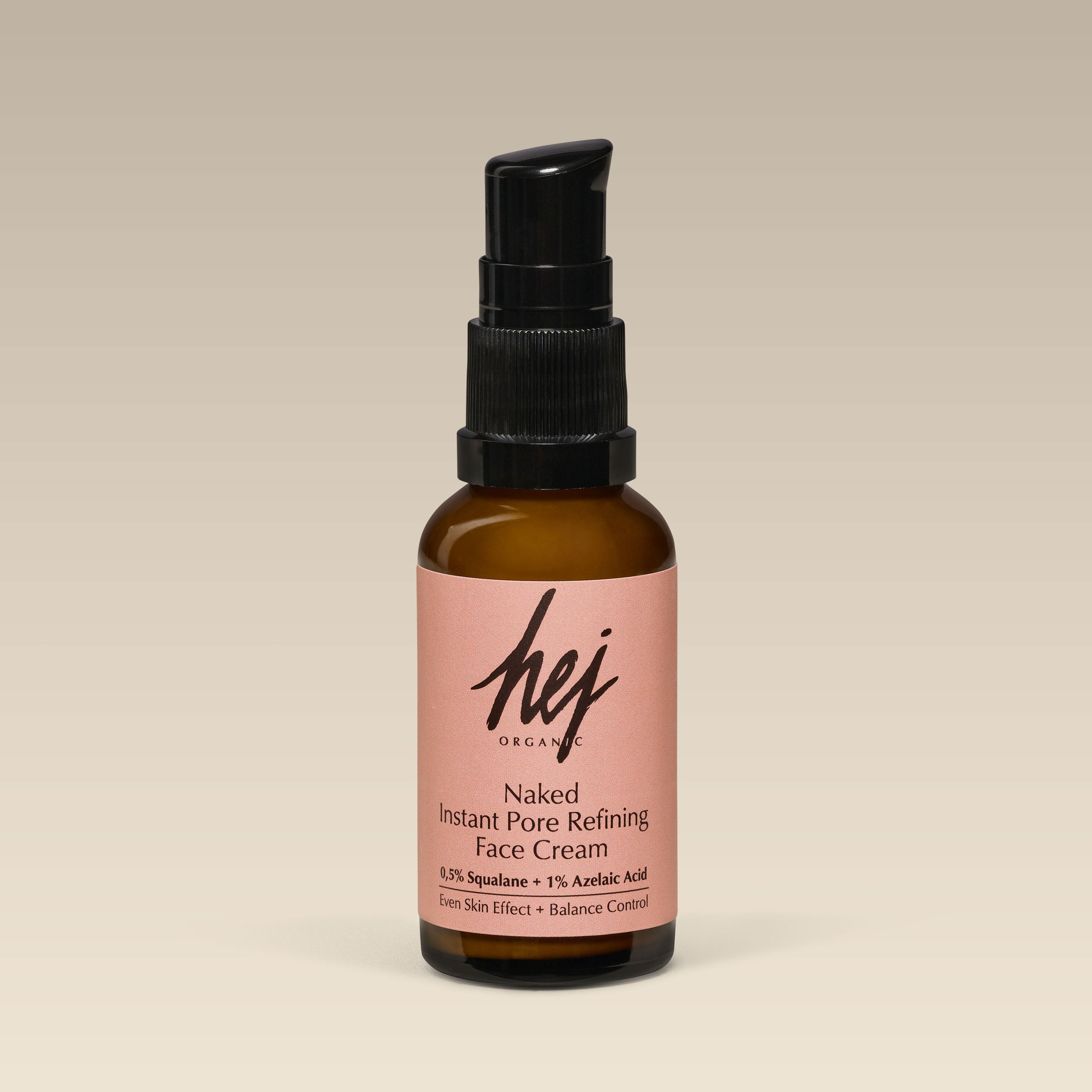
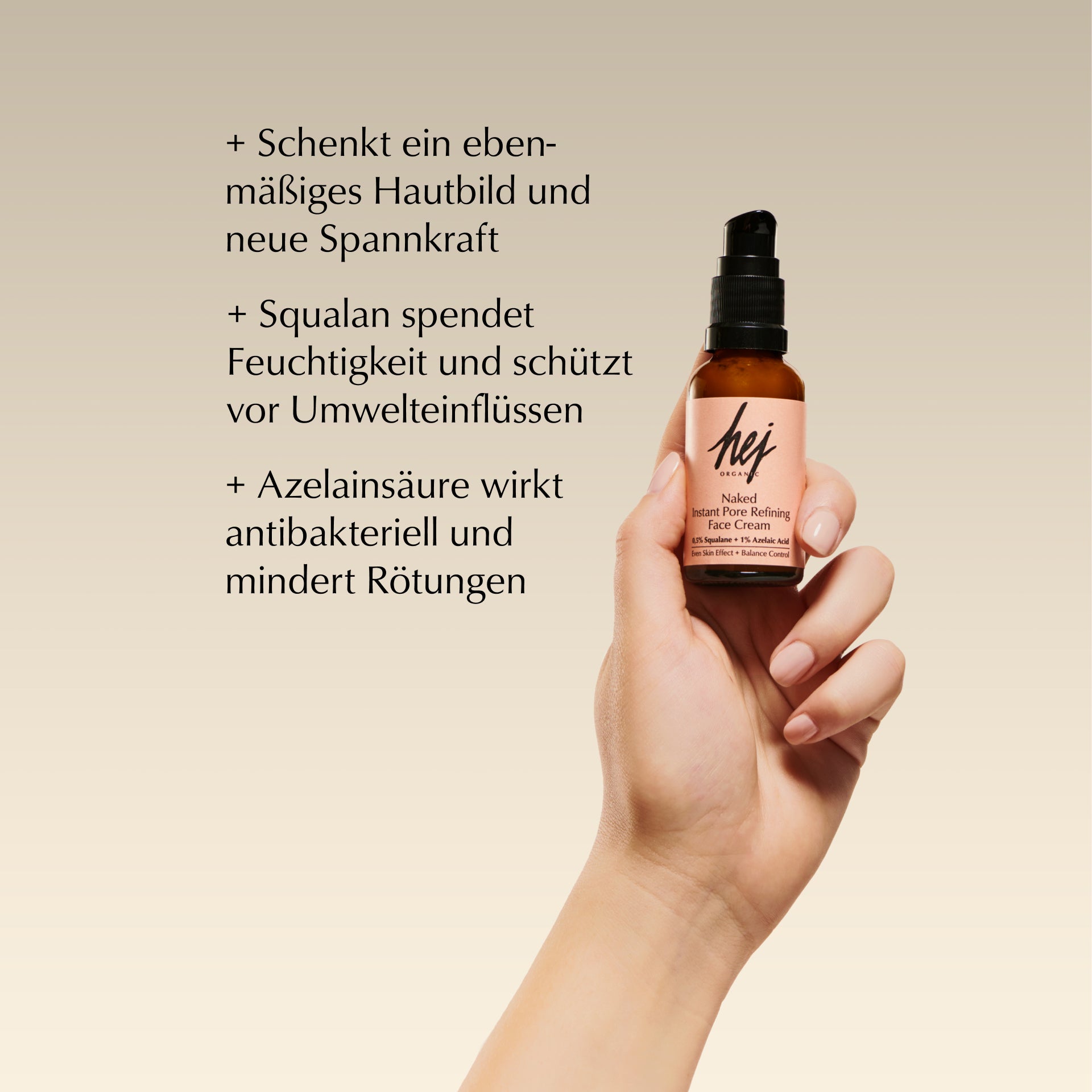
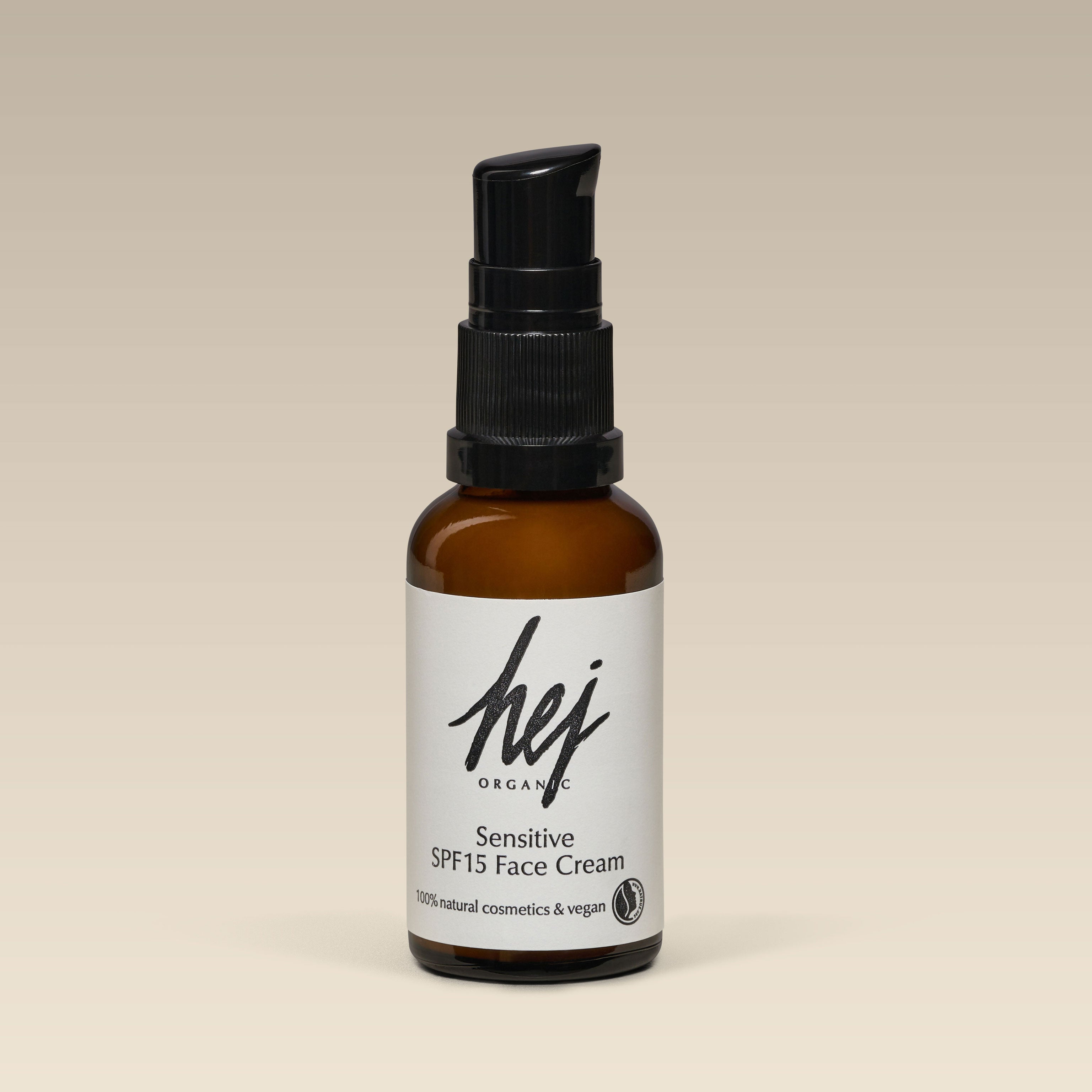
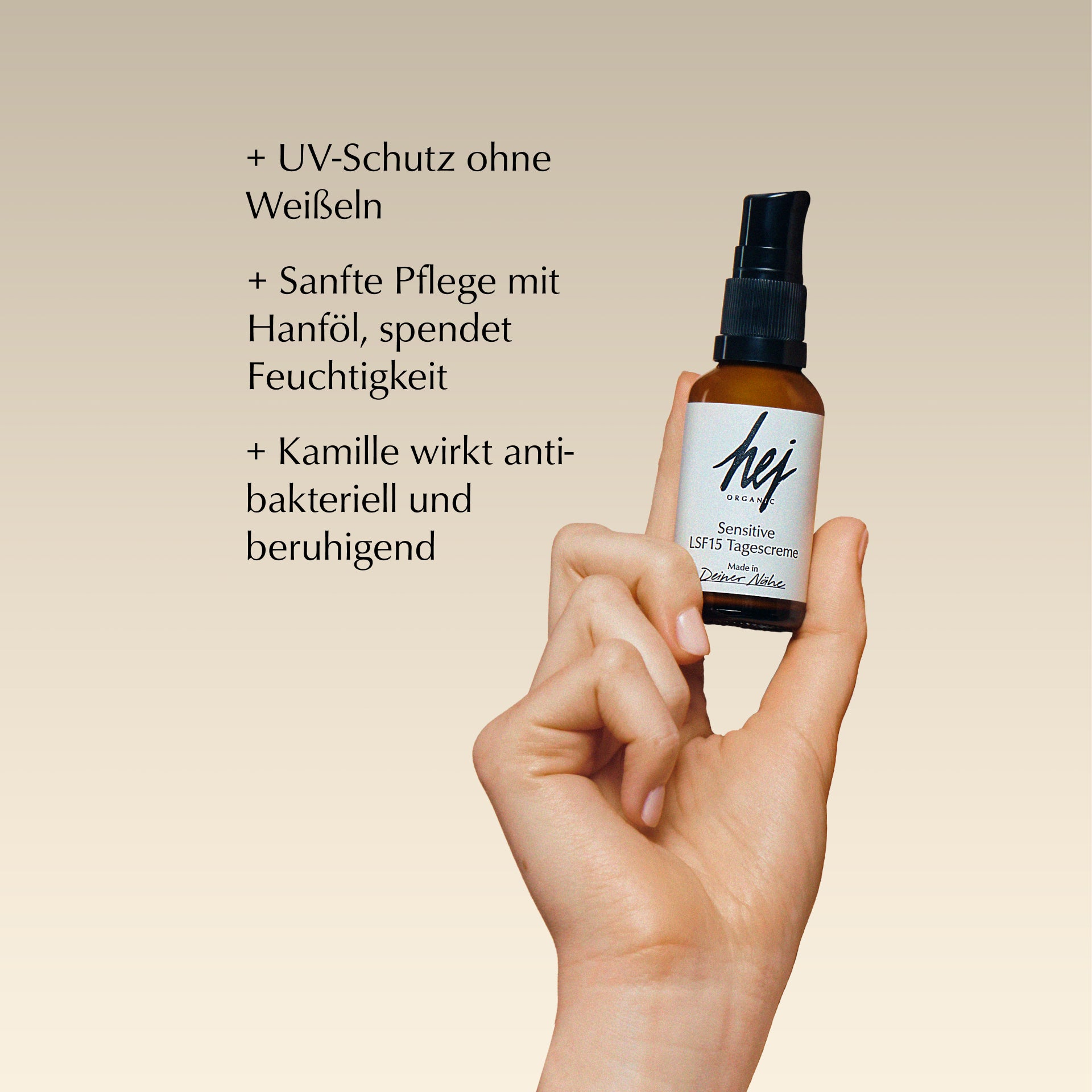
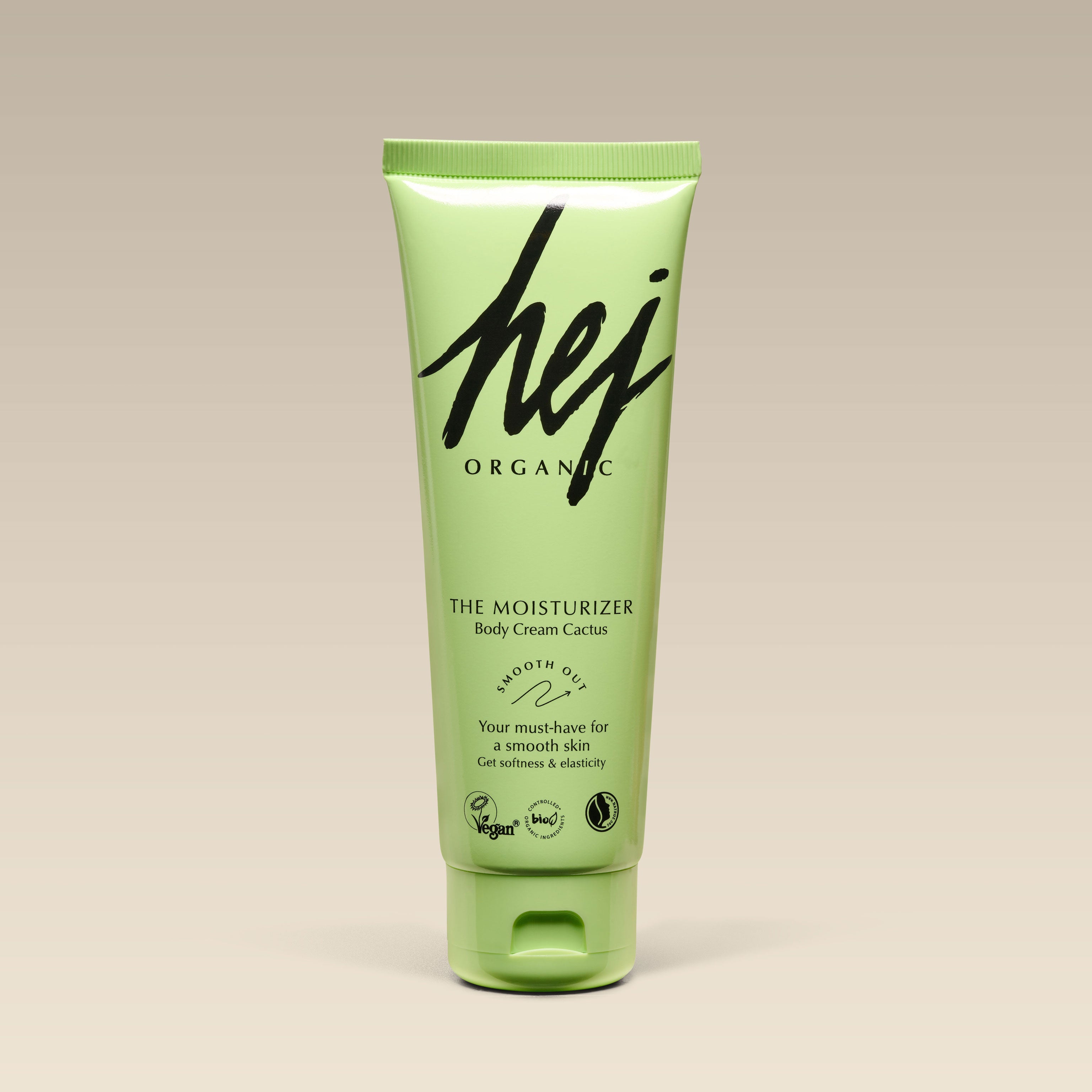
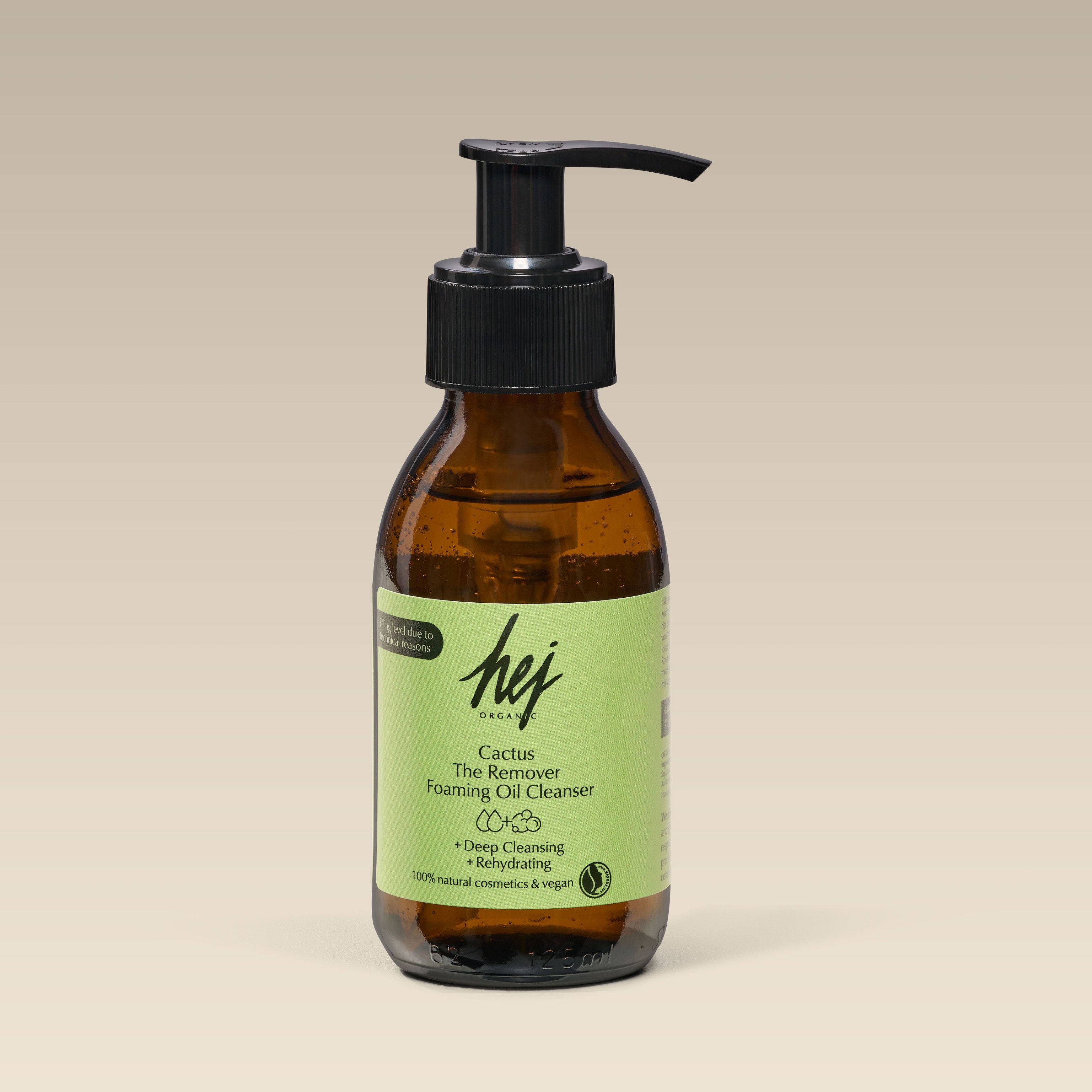
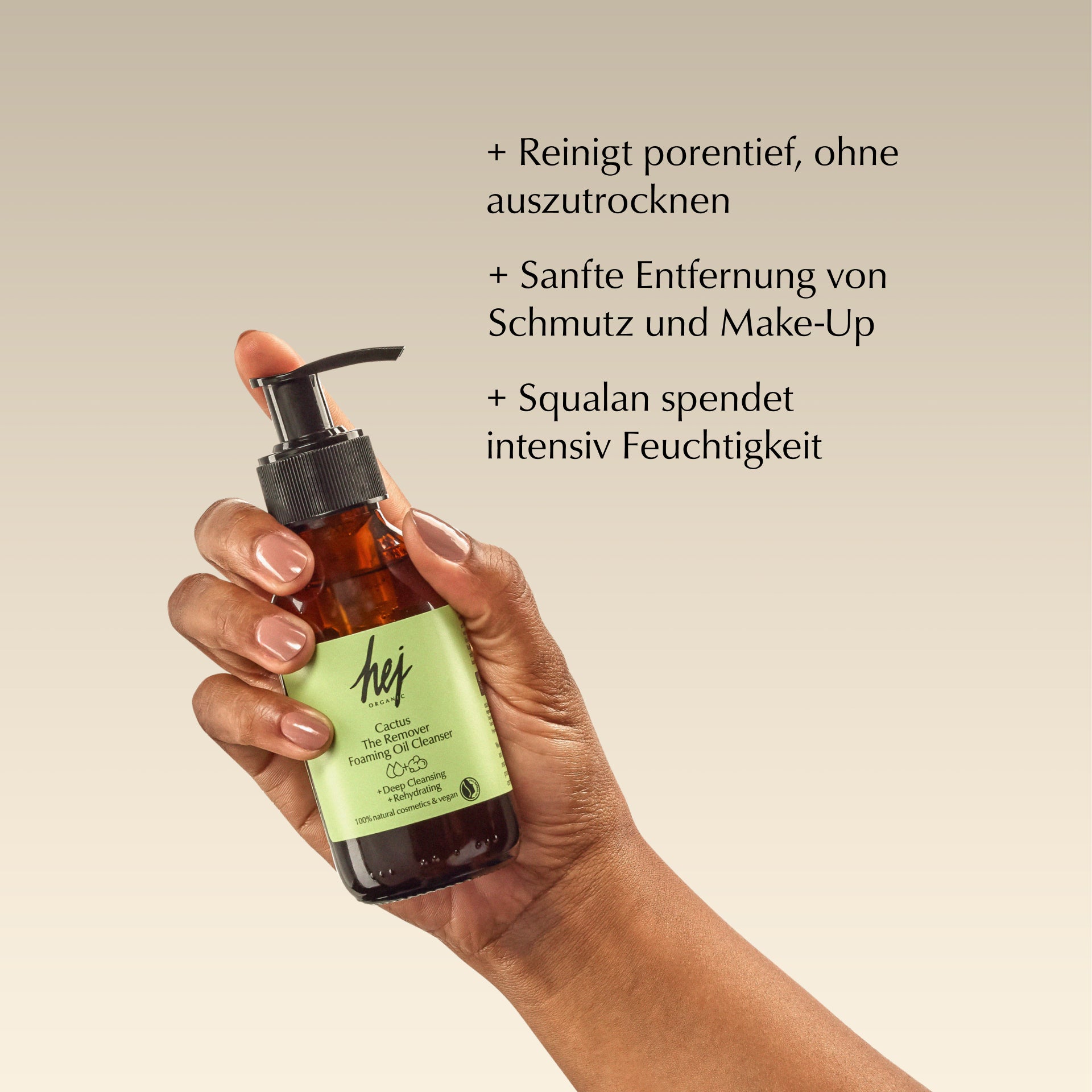
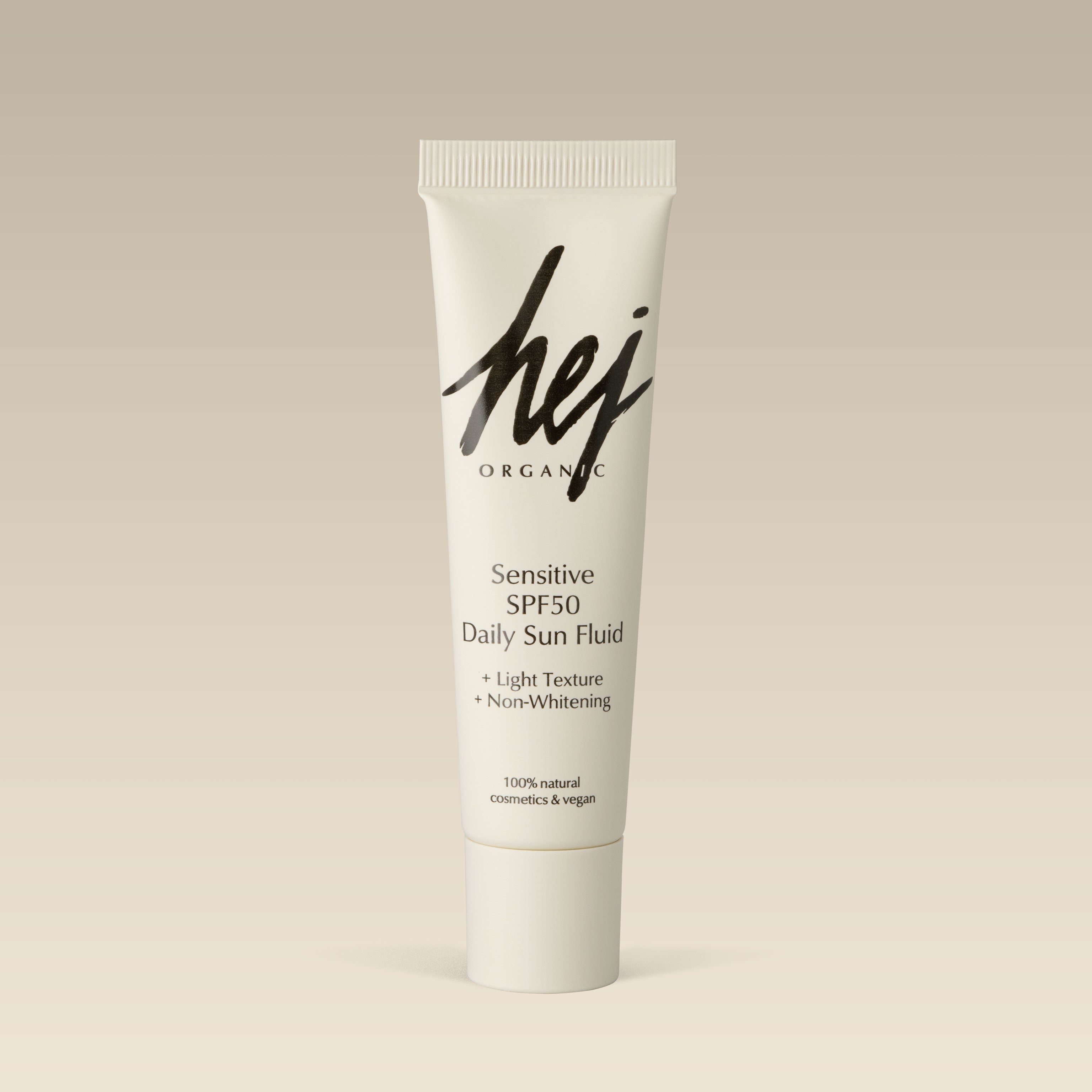
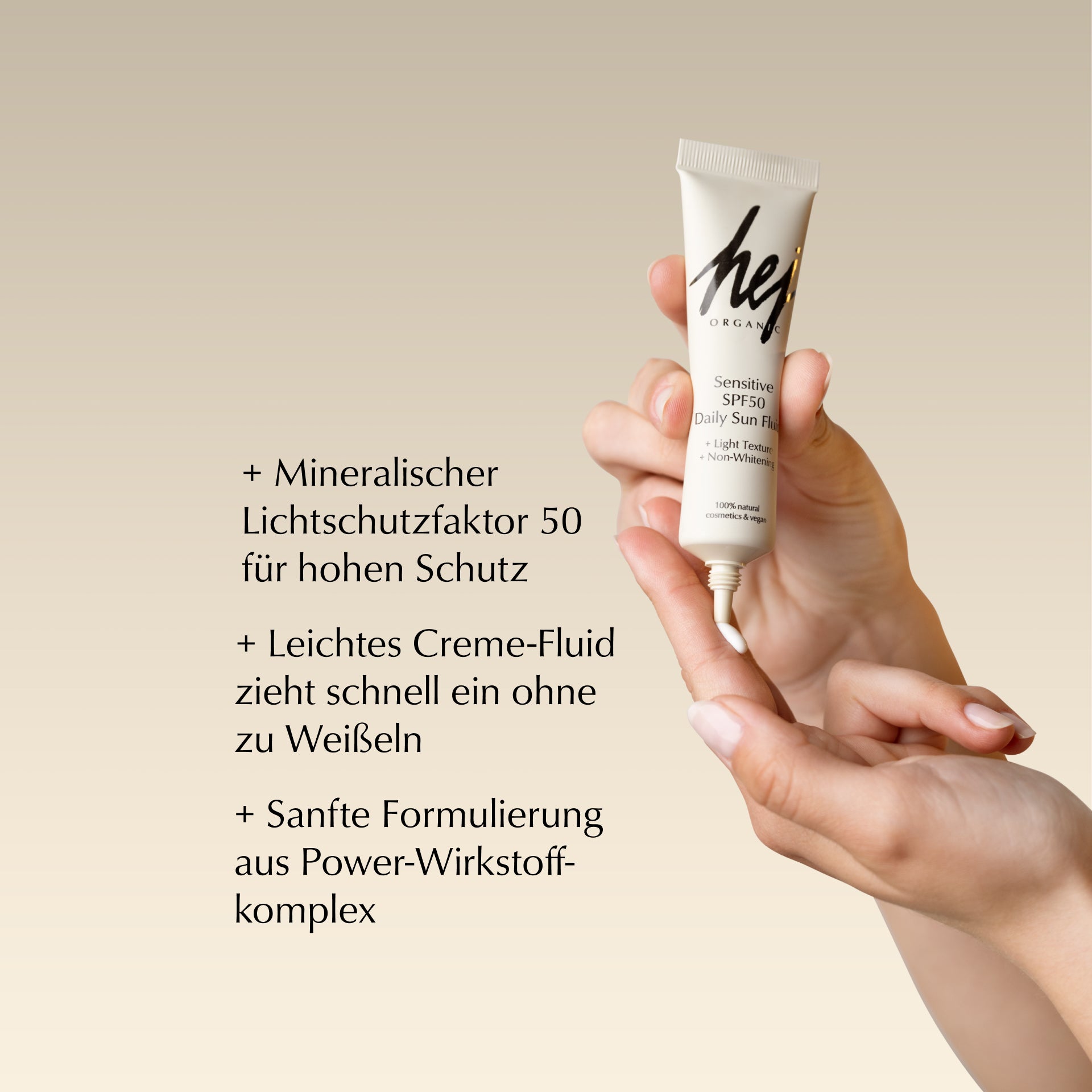
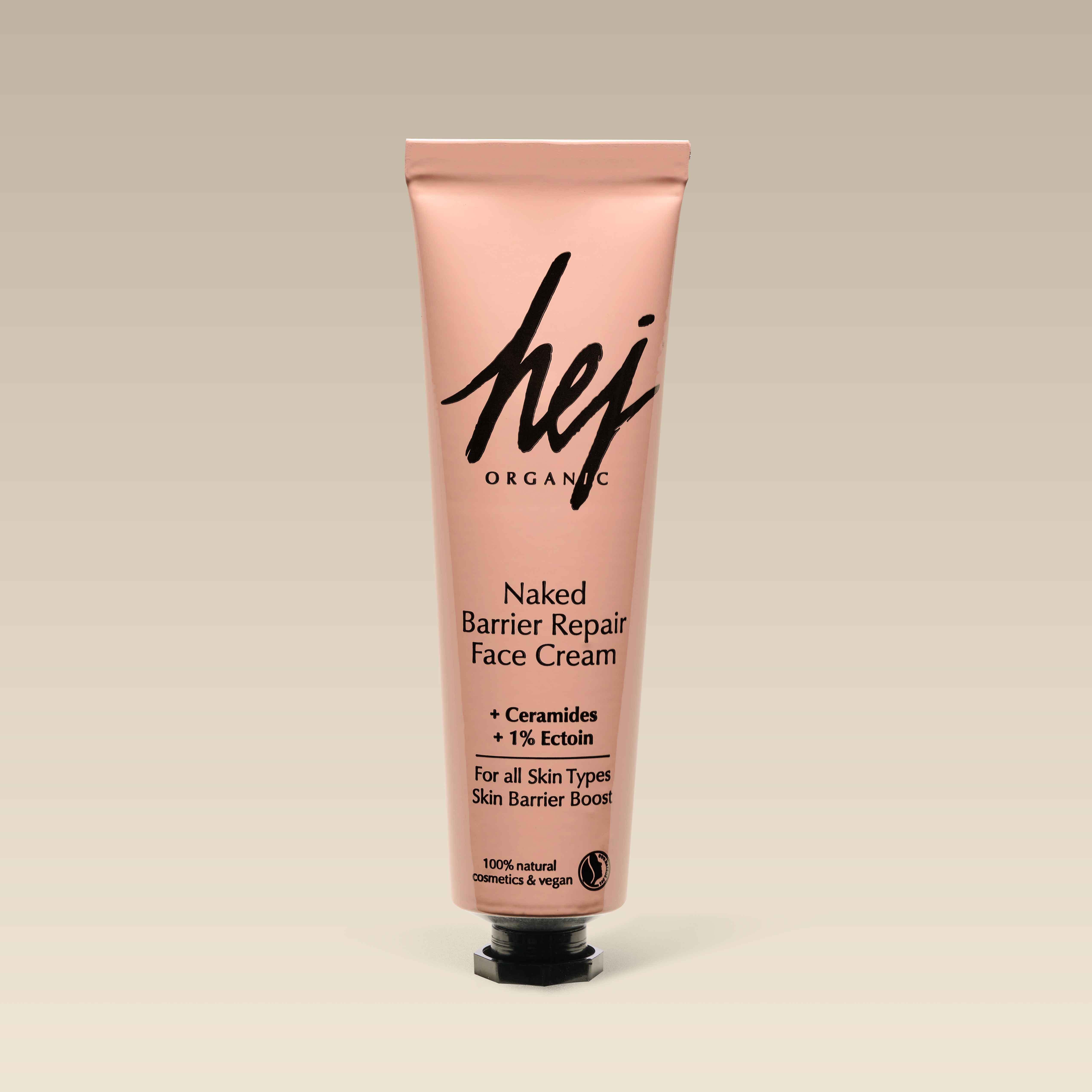
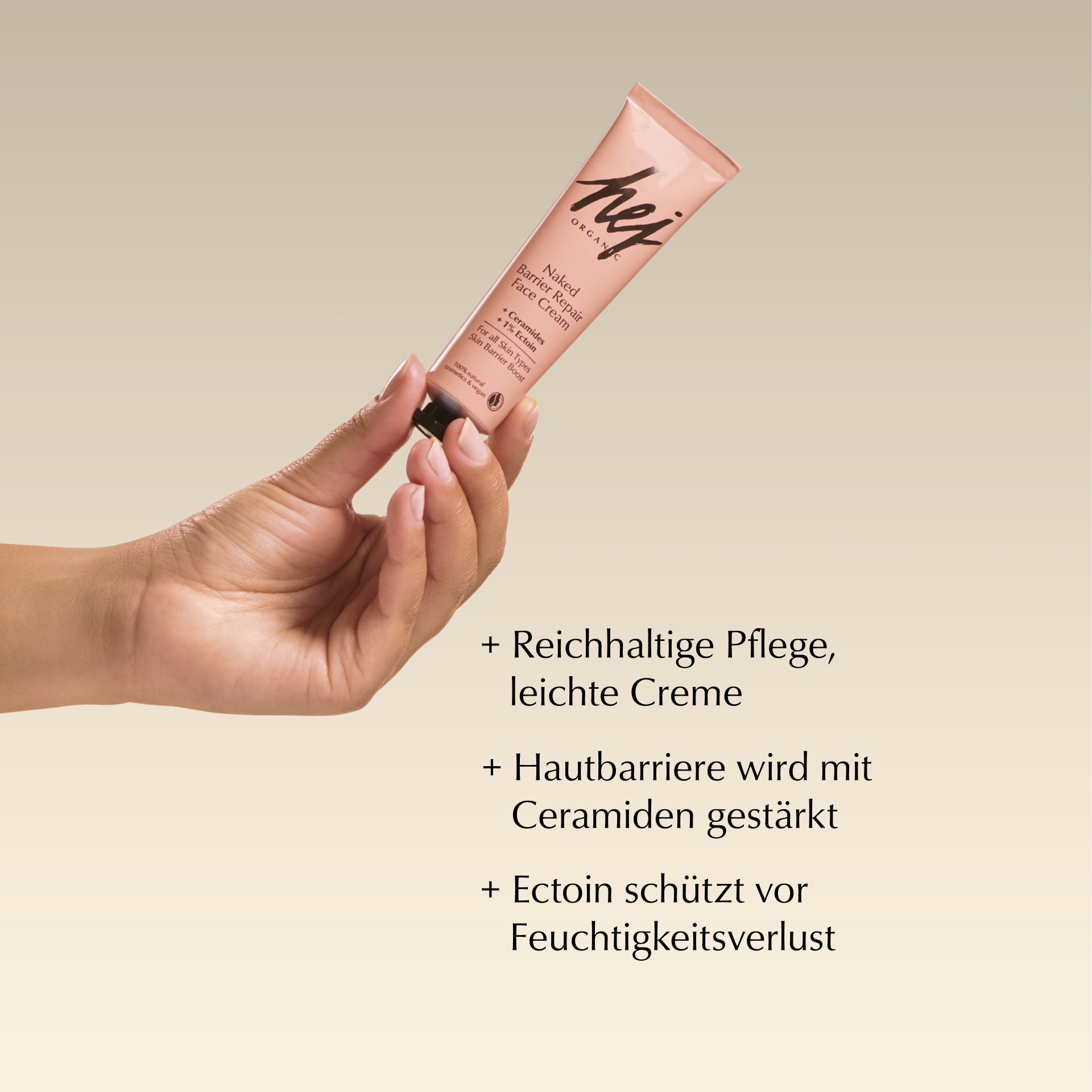
Leave a comment
This site is protected by hCaptcha and the hCaptcha Privacy Policy and Terms of Service apply.